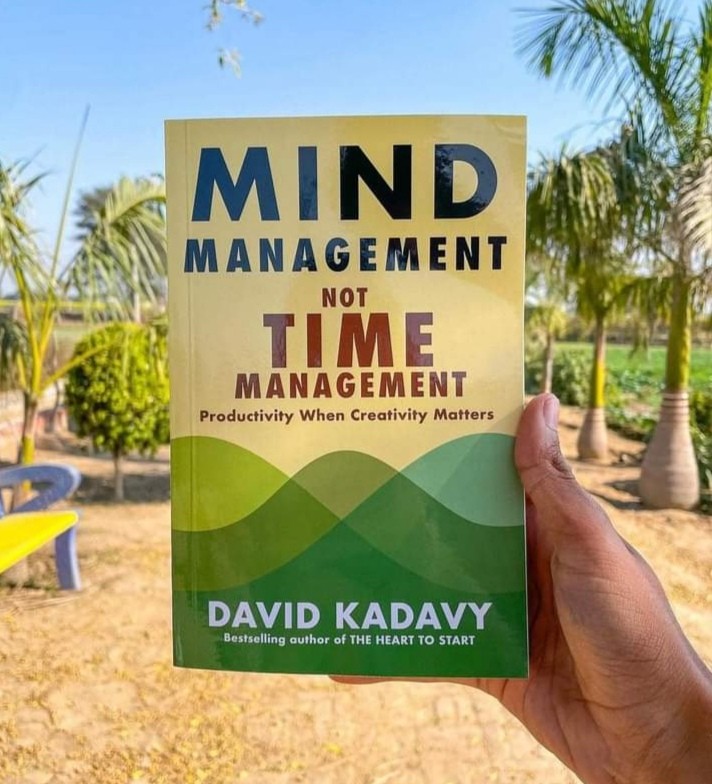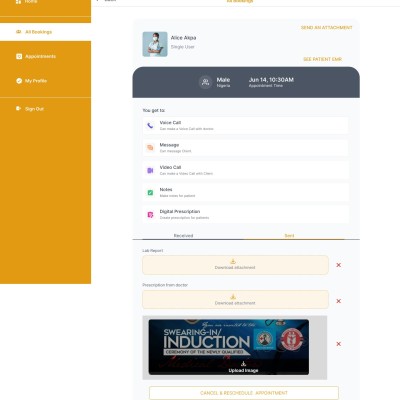Here are 10 Lessons from "Mind Management, Not Time Management" by David Kadavy
1. Focus on Mind Management: The book emphasizes the importance of managing your mind rather than just managing your time. By understanding how you function at your best and aligning your activities accordingly, you can optimize your productivity and creativity.
2. Tap into Hidden Patterns: Instead of following a rigid daily routine, the author suggests using hidden patterns in your environment as launchpads for productivity. By recognizing and leveraging these patterns, you can skyrocket your productivity.
3. Harness Passive Genius: Allow your "passive genius" to do your best thinking when you're not actively thinking. By giving your mind space to wander and process information subconsciously, you can tap into your creative potential and overcome writer's block.
4. Challenge the Myth of Writer's Block: The book challenges the notion of writer's block and provides insights on how to overcome it. By understanding the underlying causes and implementing strategies to stimulate creativity, you can maintain a consistent flow of ideas and inspiration.
5. Utilize Technology Effectively: The author suggests using technology as a tool to enhance productivity rather than succumbing to its distractions. By finding the right balance and leveraging technology's power, you can optimize your creative output.
6. Embrace Chaos: Instead of being derailed by chaos or unexpected events, learn to embrace them as opportunities for growth and new ideas. By tapping into the unexpected, you can discover your next big breakthrough.
7. Cultural Perspectives on Time: The book explores how different cultures view time and how these perspectives can inform our approach to creative work. By understanding and adopting alternative perspectives, you can gain new insights and approaches to productivity.
8. Experiment with Mental States: Tagging tasks based on the required mental state and experimenting with staying in a particular mental state for an extended period can enhance productivity. By aligning your mental state with the type of work you wish to complete, you can optimize your creative output.
9. Continuous Learning and Exploration: The author encourages continuous learning and exploration to unlock your creative potential. By seeking new knowledge, exploring different ideas, and staying curious, you can expand your creative horizons.
10. Maximize Creative Energy: The book promises to optimize the resource of creative energy. By implementing the principles and strategies outlined in the book, you can harness your creative energy and achieve greater productivity.






